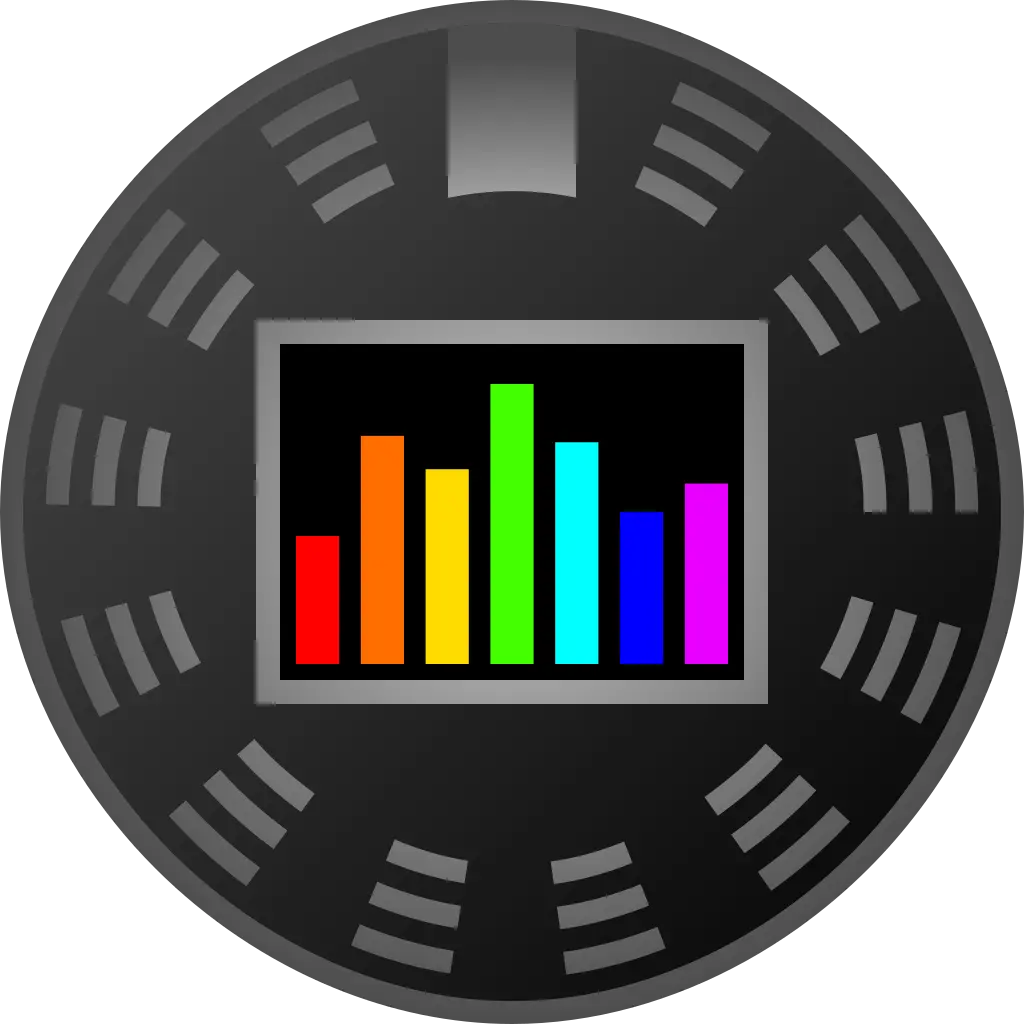Yeah, this is that.
- 8 Posts
- 129 Comments
Opens loud bag of chips

 23·2 months ago
23·2 months agoIt blows my mind how many of the MAGA/Qanon folks openly talk shit about Jews with comments about things like “Jewish Space Lasers” and whatnot, and it’s perfectly acceptable. Anyone with a shade darker than white or not in that camp opposes an actual genocide, and they’re a terrorist. I know I know, rules for thee not for me bs. It’s just exhausting. And any attempt to try to point this out to MAGAts is pointless.

 8·3 months ago
8·3 months agoThose rosaries are really gonna help him get out of this.

 171·3 months ago
171·3 months agoWouldn’t the hackers be able to release more info about the infamous “Q”? Like IP address or something?

 4·3 months ago
4·3 months agoOh look it’s Charlie Kirk.
What the absolute flying fuck…
PyCharm is a solid choice. It just works. But if you’re open to another editor, take a look at Zed. It has python support too. It’s super snappy and way less bloated than the others.

 371·4 months ago
371·4 months agoThese people are absolutely pitiful and predictable. “DEI this” and “DEI that”. Loomer is just mad she couldn’t be Trumps “DEI side chick” because she can’t shut her mouth and makes him look worse than he does on his own.

 26·5 months ago
26·5 months agoIsn’t this kinda how the SS came to be?

 7·5 months ago
7·5 months agoThanks for this!! I became spoiled with Arc’s UI, but it’s a Chrome based browser. This looks like it’s the same experience without the bs.

 154·5 months ago
154·5 months agoTbh I didn’t even mind what the bot was trying to do. I just remember opening what felt like every post and seeing dozens of lines taken up by the bot. I ended up just blocking it and cross-referencing with ground news myself.

 6·5 months ago
6·5 months agoCrazy that they look like different people between the OP image and the Wiki.

 4·5 months ago
4·5 months agoLooks like Festool tool carts

 121·5 months ago
121·5 months ago208?!?! 😢

 73·5 months ago
73·5 months agoUnfortunately not everyone has the luxury. Nothing about a 9-5 preventing them being there is “exceptionally lazy”. It’s a reality people face. Especially when everything’s about to skyrocket here in price. Job security is kinda important too.

 5·5 months ago
5·5 months agoI mostly have the same thoughts on this, but I also worry that we sink so deep into the abyss that it will take a long time, if ever at all, to recuperate.
I’ve been using Netlify for smaller apps, but lately Railway has been my go to. Pretty cheap too and it covers mostly everything you’ll need to deploy app regardless of language or framework. Their UI makes it all very easy to manage with the “nodes”.
Both of those services (as do most) give you the option to load environment variables onto the app itself.
So the process is normally this: You have env vars you’re using locally like API tokens that you’re putting in your .env during development. Now you’re ready to deploy. Because you’ve gitignored that file locally, you don’t have to worry about secrets being in your code base, but also, because they’re environment variables, you’re framework will see those variables available in the “box”.
Ultimately, there’s no difference between having stuff in your local .env and injected by a service during deployment. Just make sure the env var keys are the same in each case.
Hope that’s not too confusing. If so, I’m happy to clarify anything.
EDIT: also wanna add that Supabase isn’t that bad. It helps you know exactly what you need it to provide for you and then start searching away to see how to slowly put together each of those pieces. With them, I usually start with the Auth stuff, then move on to my database and storage. Functions last if the project calls for them. There’s quite a bit of info out there if you know specifically what you’re wanting to solve at the moment.








Marcus?